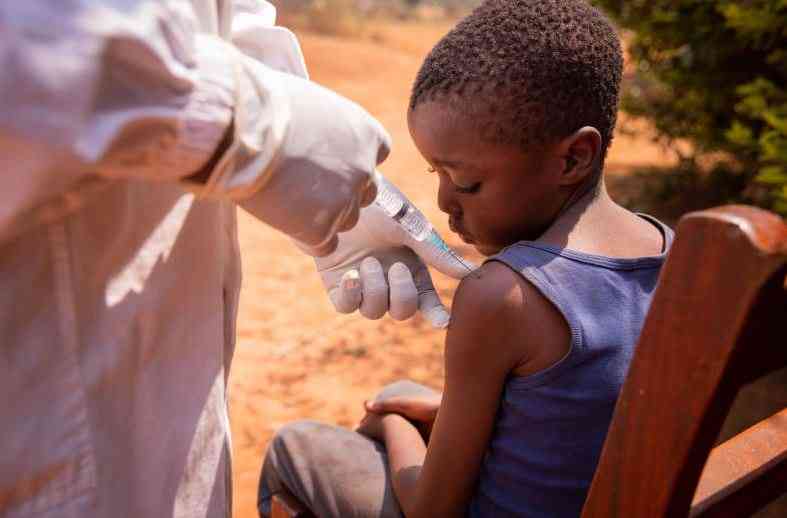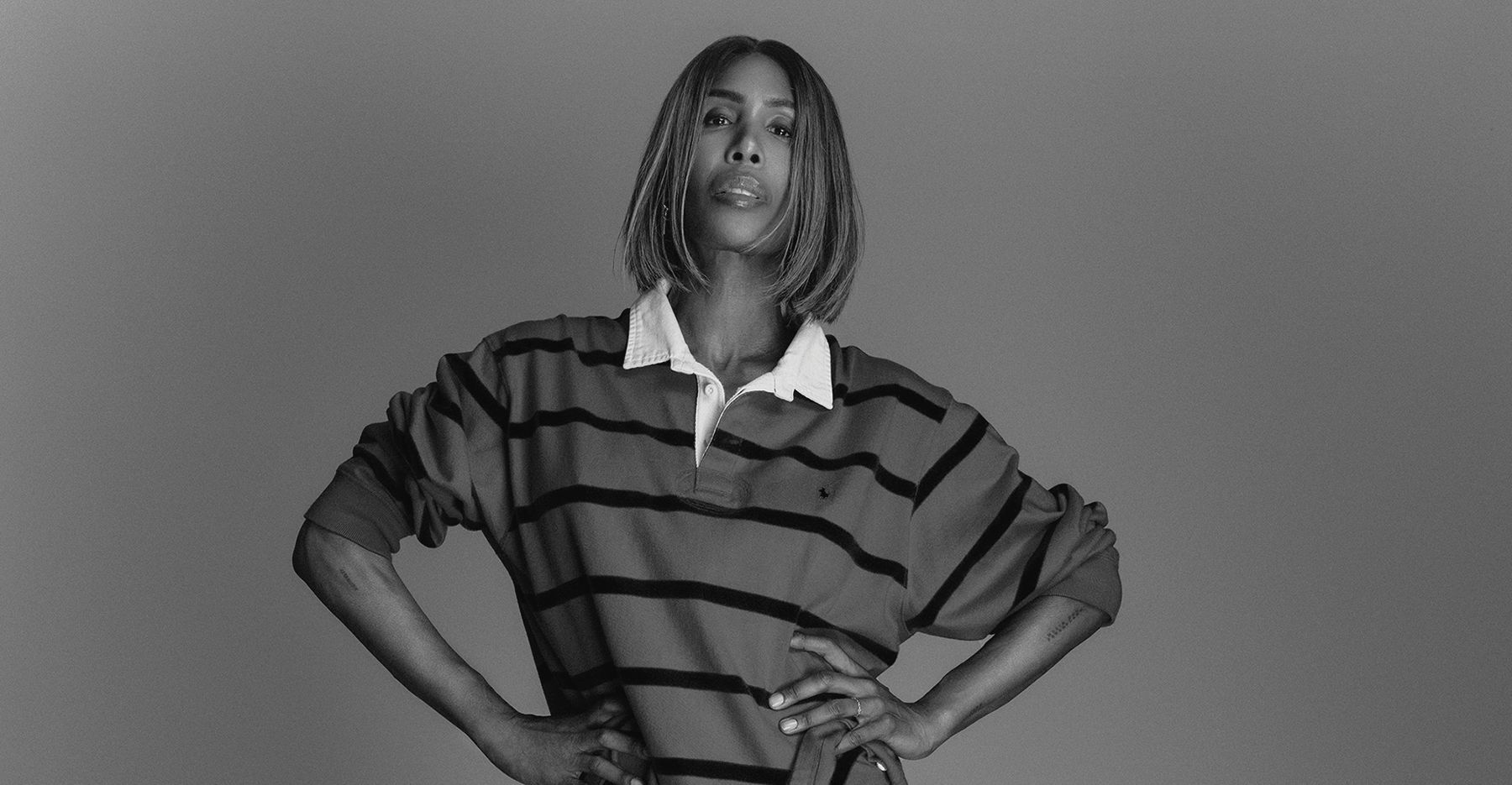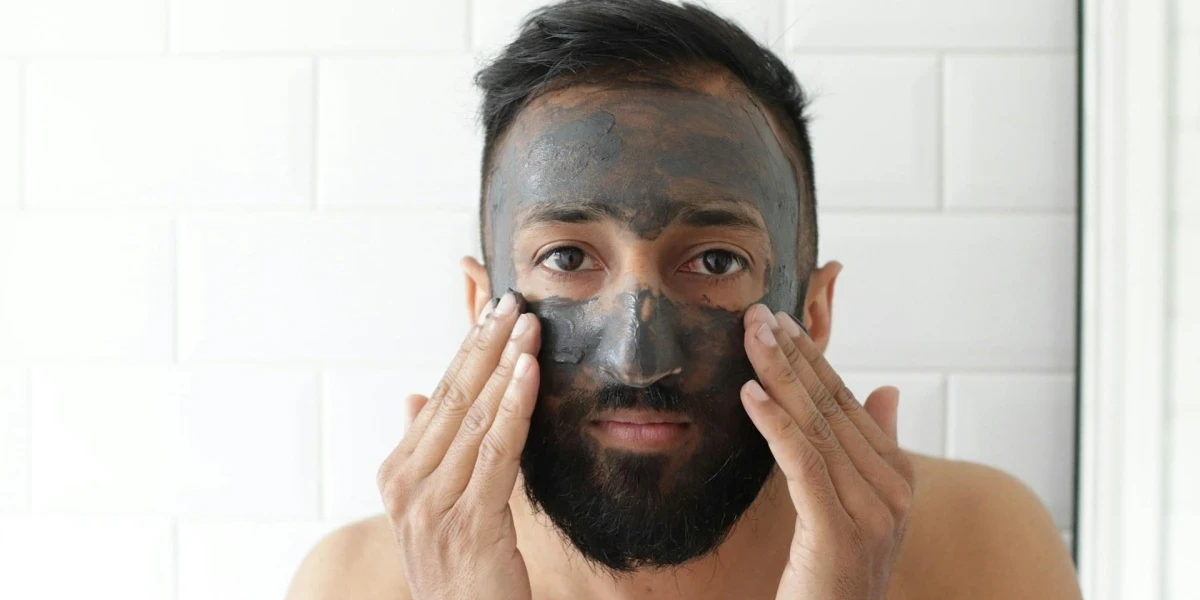The Basics Of Acne
Acne is the medical term for pimples. Pimples happen when pores get clogged with dead skin and oil, and bacteria build-up. Then, the skin gets inflamed and can turn red or swollen.
Acne is a prevalent skin condition, particularly among adolescents and young adults.
Studies have shown that acne can negatively affect the quality of life of individuals, particularly in areas like social interaction and self-esteem.

Diet: Certain foods, including those high in carbohydrates and sugars, have been linked to acne occurrence or severity.
A family history of acne can be a predisposing factor.
The use of certain skin and hair care products, like pomades, has been associated with acne.
Stress: Stress has been identified as a potential risk factor for acne.
Mask Wearing: Studies have shown that wearing face masks, particularly N95 masks, can lead to mask-induced acne, especially in individuals with a prior history of acne or allergies.
Yes. The way you take care of your skin has a significant effect on your acne. Here’s what you should do:
Wash your face no more than twice a day. Use warm — not hot — water, and do not use harsh soaps. Instead, use a gentle, non-soap facial skin cleanser. Do not scrub your face because that can make acne worse and damage the skin.
Do not pick or squeeze pimples. This can make acne worse and damage the skin. Plus, it can lead to infections.
Avoid oil-based make-up and skin products. They can make acne worse. If you use a moisturizer for your face, a moisturizer labeled as “non-comedogenic” is often best.
If you have mild acne, you can try non-prescription acne products. You might even try using more than one product at once. That might be more effective than using one single product alone. In rare cases, people have severe allergic reactions to acne products, so for the first 3 days, try them on just a tiny area. If you do not improve after 3 months, or if you have moderate or severe acne, ask your doctor or nurse for advice.
Doctors can treat acne using different types of medicines. Sometimes, doctors suggest trying more than one medicine at once.
There is no one medicine or combination of medicines that works best for everyone. Instead, people often need to try different medicines until they find what works best for them.
The prescription products include:
– Retinoids are medicines that help keep your pores unclogged. Most retinoids are available in a gel or cream that you put on your skin. Examples include tretinoin (brand name: Retin-A), adapalene (brand name: Differin), and tazarotene (brand name: Tazorac). These medicines can also help improve dark spots on the skin caused by acne.
¡as salicylic acid and glycolic acid help remove dead layers of skin. They can reduce acne by helping to unclog pores.
¡Aczone), and others.
¡Azelaic acid
¡Benzoyl peroxide – Benzoyl peroxide kills bacteria and helps to unclog pores. Benzoyl peroxide is also available without a prescription.
¡
¡Hormones control some of the skin reactions that lead to acne. For this reason, birth control pills can sometimes help with acne.
¡ I s o t r e t i noin Amnesteem, Absorica, Claravis, Sotret) – One of the retinoid medicines comes in pill form. This medicine, called isotretinoin, is very effective against severe acne. But it can also cause serious side effects and birth defects. Women who want to take isotretinoin must follow very strict safety rules to avoid pregnancy. (This medicine used to be sold under the brand name Accutane, but that brand name is no longer available in the US.)
What if I want to get pregnant?
If you want to get pregnant, talk to your doctor before you start trying to get pregnant. Many of the medicines used to treat acne are not safe for a growing baby.
Will my diet affect my acne?
Some studies have found that acne seems to be more common in people who drink a lot of milk. However, more research is needed to understand the link between the types of foods people eat and acne.
MKO Abimbola holds a doctorate degree in physician associate studies from the United States of America. He is a Harvard Medical School scholar. He specializes in Internal medicine, Acute care, Emergency medicine, Geriatrics, Psychiatry, and Surgical services












